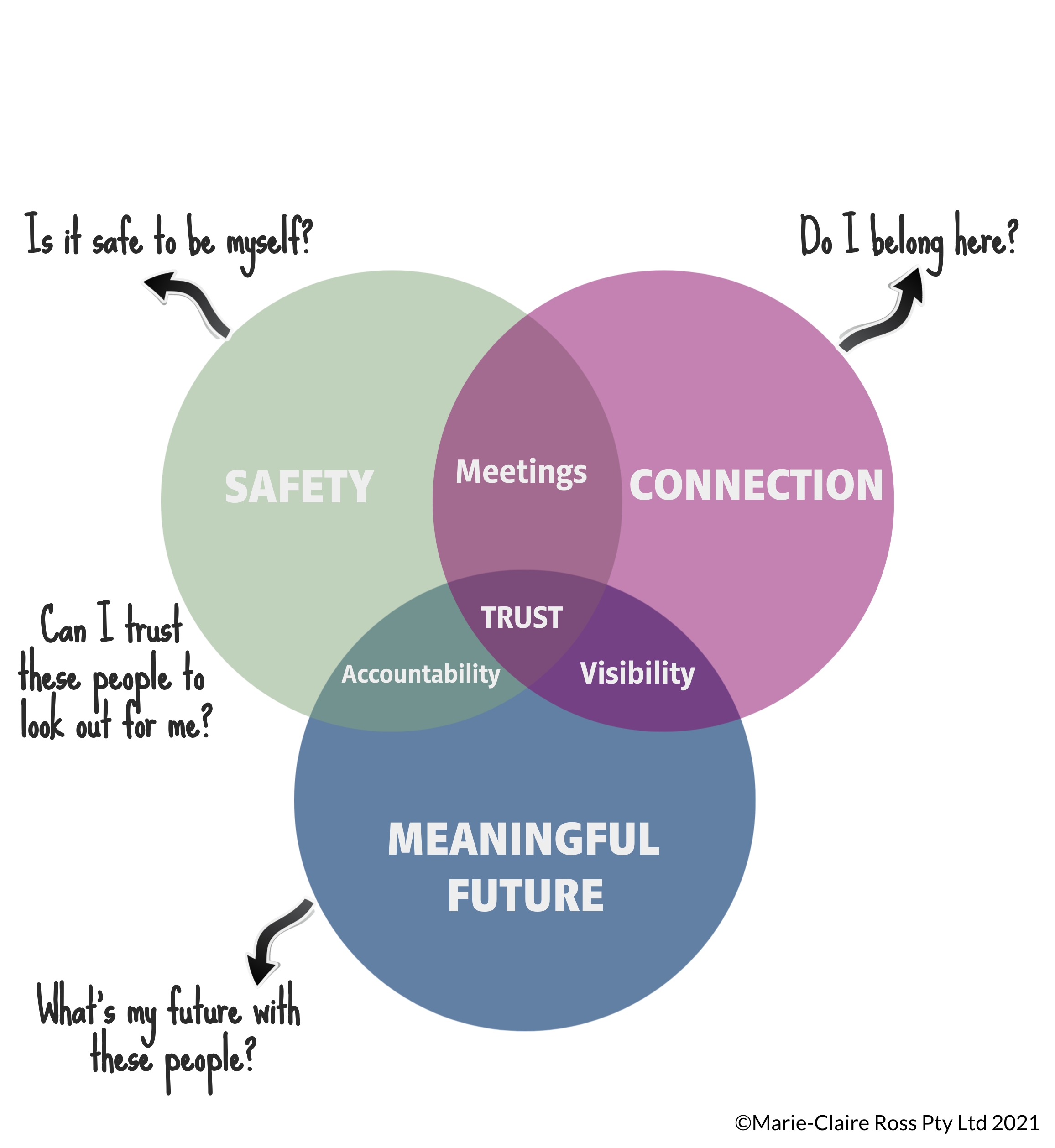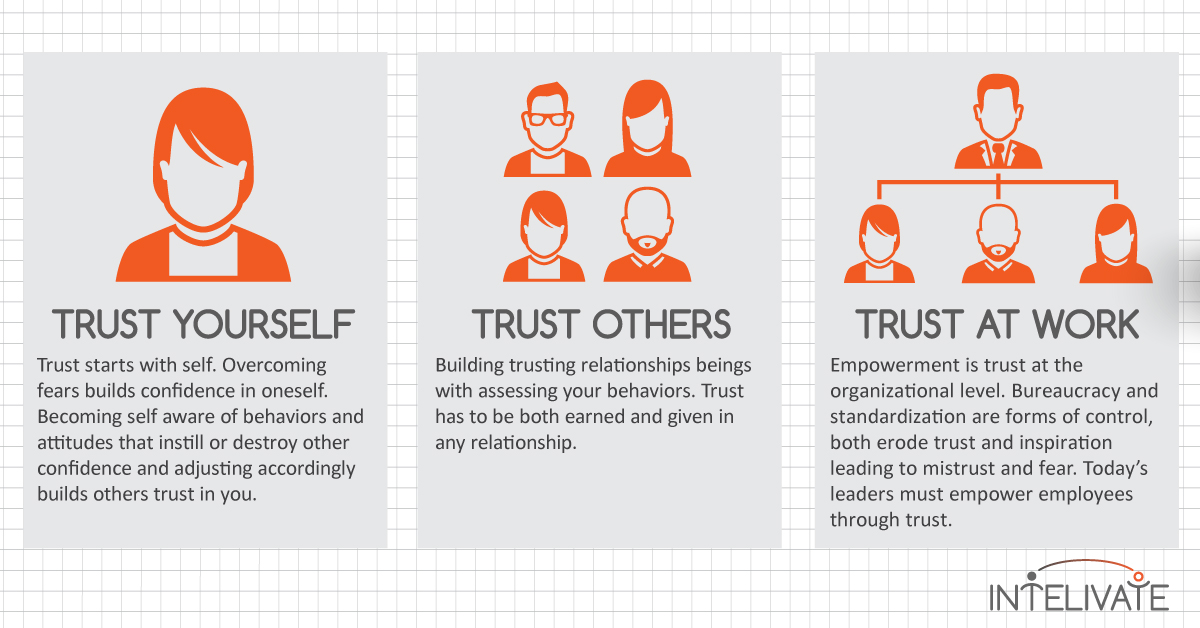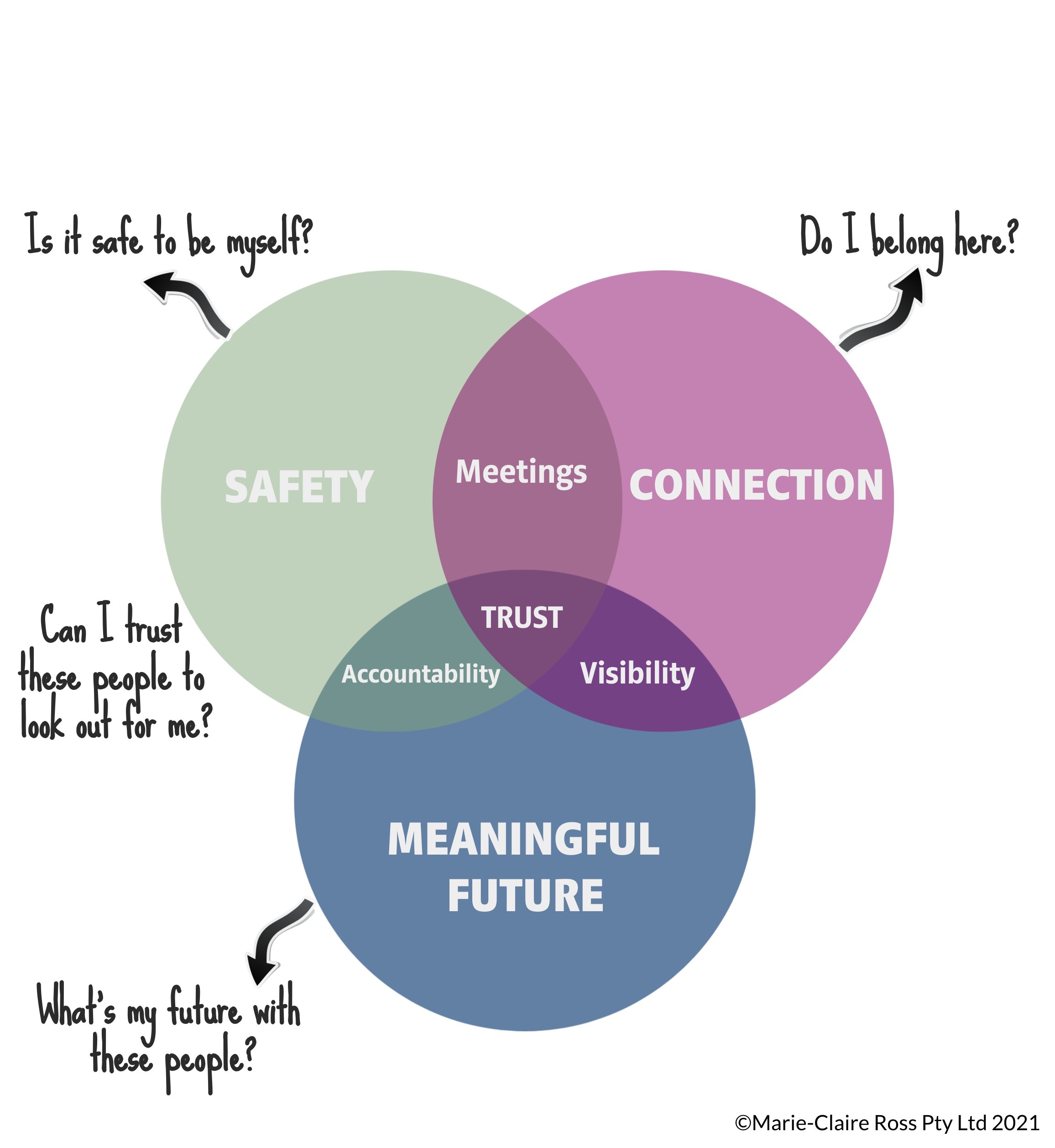
Understanding Trust in a New Relationship
Defining Trust in Relationships
Trust in relationships can be described as a foundational element that allows individuals to feel secure and safe with one another. At its core, trust is about reliability, honesty, and the belief that both partners have each other’s best interests at heart. For instance, when Sarah started dating Tom, she felt a sense of relief when he followed through with his promises consistently—something that laid the groundwork for her trust in him.
Importance of Trust Building in New Relationships
Building trust in new relationships is crucial for several reasons:
- Emotional Safety: It creates a safe space for vulnerability.
- Conflict Resolution: Trust allows for more effective communication during disagreements.
- Deeper Connection: It fosters a stronger emotional connection.
Without trust, relationships can face significant challenges and may even collapse under pressure. Just like planting a seed, trust needs nurturing and time to grow. By consciously working on building trust early on, couples can cultivate a healthy, lasting partnership.

Building Trust Through Communication
Effective Communication Skills
As trust begins to form, effective communication becomes paramount in nurturing that budding connection. It’s not just about talking; it’s about conveying thoughts and feelings clearly and openly. For example, when Mia expressed her concerns about late-night texts, her partner Jim responded thoughtfully rather than defensively, which helped reinforce trust.
- Be Clear and Direct: Avoid vague language to minimize misunderstandings.
- Use “I” Statements: This focuses on personal feelings without blaming others, e.g., “I feel anxious when…”
Importance of Active Listening
Active listening is equally essential in building trust. This means fully engaging with what your partner is saying, which demonstrates respect and care.
- Eye Contact: Maintain eye contact to show attention.
- Reflect Back: Paraphrase what your partner said to ensure understanding.
For instance, when Amy shared her stress about work, Brian practiced active listening, making her feel heard and valued. This simple act not only deepened their bond but also solidified their trust.

Vulnerability and Trust
Being Vulnerable in a New Relationship
Moving forward in a new relationship, embracing vulnerability can be a game-changer for building trust. While it may feel intimidating to open up about fears or past experiences, this honesty fosters a deeper bond. For example, when Jake shared his struggles with insecurity from previous relationships, his partner Lily felt encouraged to share her own concerns, reinforcing their connection.
- Share Personal Stories: Opening up about your life can break down walls.
- Express Your Feelings: Let your partner know what you genuinely feel in various situations.
Establishing Emotional Connection
Establishing an emotional connection involves empathy and understanding. When partners show they are willing to be vulnerable, it creates a safe environment where both individuals can thrive.
- Validate Feelings: Acknowledge your partner’s emotions as real and important.
- Support Each Other: Be there during tough times to strengthen the emotional bond.
By developing this emotional foundation, couples can build trust that withstands the test of time. Vulnerability, rather than being a weakness, becomes a strength that deepens the relationship.
Consistency and Reliability
Consistency in Actions and Words
Building on the foundation of vulnerability, consistency and reliability play significant roles in maintaining trust in a relationship. When partners align their actions with their words, it creates a sense of security. For instance, when Ava promised to be available for dinner and followed through each time, her partner Mark felt increasingly confident in her commitment.
- Follow Through on Promises: Small commitments matter just as much as big ones.
- Stay Aligned: Ensure that what you say matches what you do to enhance credibility.
Reliability in Meeting Commitments
Reliability also encompasses meeting commitments, whether big or small. When individuals demonstrate reliability, they send a powerful message that they can be counted on.
- Set Realistic Expectations: Be clear about what you can commit to.
- Communicate Changes Promptly: If circumstances change, inform your partner as soon as possible.
For example, when Leo consistently showed up for weekend plans, Sarah felt reassured in their relationship, strengthening the trust between them. Through small yet meaningful actions, partners can cultivate an atmosphere of reliability that reinforces their bond.
Honesty and Transparency
Importance of Honesty
Following the foundations of consistency and reliability, honesty emerges as a critical component in nurturing trust within a relationship. When partners are open and truthful with each other, they create a safe space to share thoughts and feelings without fear. For example, when Mia admitted she was feeling overwhelmed with her job, her partner Jake praised her for her honesty, which strengthened their connection.
- Cultivate a Non-Judgmental Atmosphere: Create a space where both partners can express themselves without fear of harsh judgment.
- Avoid Half-Truths: It’s better to say less than mislead your partner with partial truths.
Building Trust Through Transparency
Building trust also relies heavily on transparency. This means not only are you honest, but you also share relevant information openly.
- Share Your Thoughts and Feelings: Regular check-ins can keep communication flowing.
- Be Open About Your Past: Discussing past experiences can help your partner understand your present behavior.
When Sophia shared her past challenges with relationships, her partner Tom appreciated her vulnerability and transparency, which laid the groundwork for deeper trust. Overall, honesty and transparency are vital elements that foster deeper emotional connections, reinforcing the trust that sustains a strong relationship.

Respecting Boundaries and Privacy
Establishing and Respecting Boundaries
As trust continues to grow, respecting boundaries becomes essential in reinforcing that bond. Establishing personal boundaries allows each partner to maintain their individuality while fostering connection. For example, when Alex and Jamie discussed their need for personal space during stressful times, they created a mutual understanding that honored each other’s needs.
- Discuss Limits Openly: Communicate about what feels comfortable and what doesn’t.
- Check in Frequently: Regular discussions about boundaries can help adjust to each partner’s evolving needs.
Privacy in Building Trust
Alongside boundaries, privacy also plays a significant role in building trust. Sharing is vital, but it’s equally crucial to recognize that everyone has aspects they prefer to keep private.
- Respect Personal Space: Acknowledge when your partner needs time alone.
- Avoid Snooping: Trust is deeply undermined when one partner invades the other’s privacy.
For instance, when Mia respected Liam’s need for personal time, it reaffirmed that she valued his individuality. By honoring these boundaries and privacy, couples can cultivate a deeper trust that enriches the relationship.

Overcoming Trust Issues
Addressing Past Trust Wounds
Transitioning from a relationship built on mutual respect and privacy, overcoming trust issues often requires addressing past wounds. When individuals carry experiences from former relationships, it can cloud their ability to trust new partners. For example, when Clara opened up about feeling betrayed in her last relationship, her new partner, Ethan, listened openly, validating her feelings.
- Acknowledge Hurt: Recognize that past experiences influence present behavior.
- Communicate Openly: Establish a safe space to discuss feelings and fears.
Rebuilding Trust After Betrayal
If betrayal has occurred, rebuilding trust becomes a journey of dedication and effort. This process requires patience and transparency from both individuals.
- Take Responsibility: The betraying partner must acknowledge their actions and offer genuine apologies.
- Establish New Agreements: Create clear guidelines for rebuilding trust and set measurable goals.
When Olivia was able to forgive Noah for a past mistake, they actively worked together on rebuilding their trust step by step, ultimately emerging stronger than before. By addressing past wounds and fostering open communication, couples can navigate the complexities of trust issues and emerge with a deeper understanding of each other.

Nurturing Trust Over Time
Building Trust Through Shared Experiences
After addressing trust issues and fostering open communication, nurturing trust over time becomes essential. One of the most effective ways is through shared experiences, which create lasting memories and strengthen bonds. For instance, when Sarah and Michael decided to take a hiking trip together, overcoming both physical challenges and enjoying nature deepened their connection.
- Engage in New Activities: Trying out new things can create a sense of adventure and teamwork.
- Celebrate Achievements Together: Acknowledge each other’s successes, no matter how small.
Maintaining Trust Through Growth and Challenges
As relationships evolve, maintaining trust entails navigating growth and challenges together. Change can be scary, but facing it as a team reinforces commitment.
- Encourage Personal Growth: Support each other’s goals and aspirations.
- Communicate During Tough Times: Stay connected when facing challenges to prevent misunderstandings.
When Lisa faced a career change, her partner David remained her pillar of support, demonstrating that trust flourishes even in difficult situations. By building trust through shared experiences and maintaining it amid growth and challenges, couples can create a resilient and enduring partnership.
